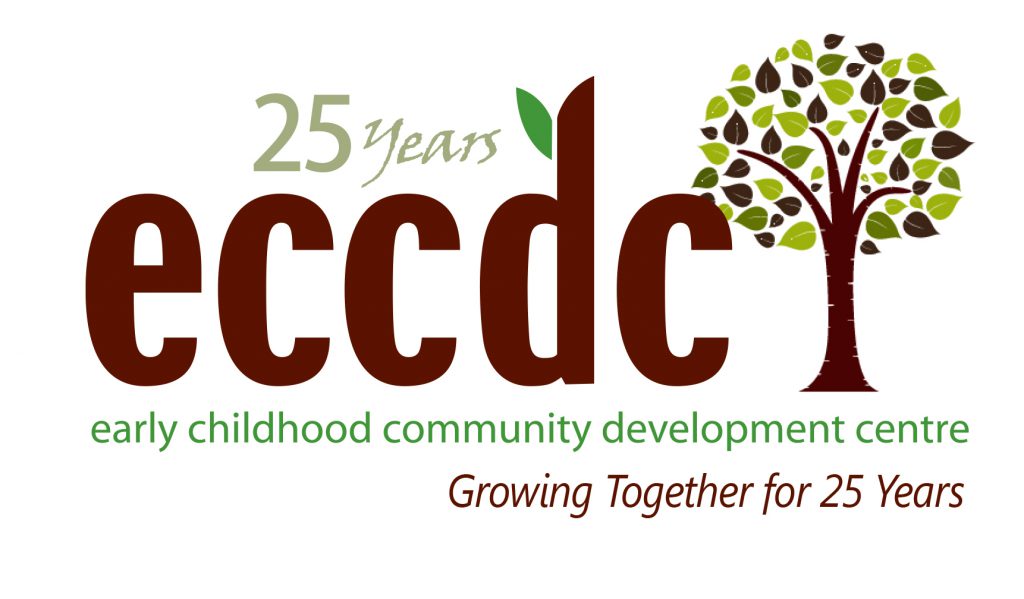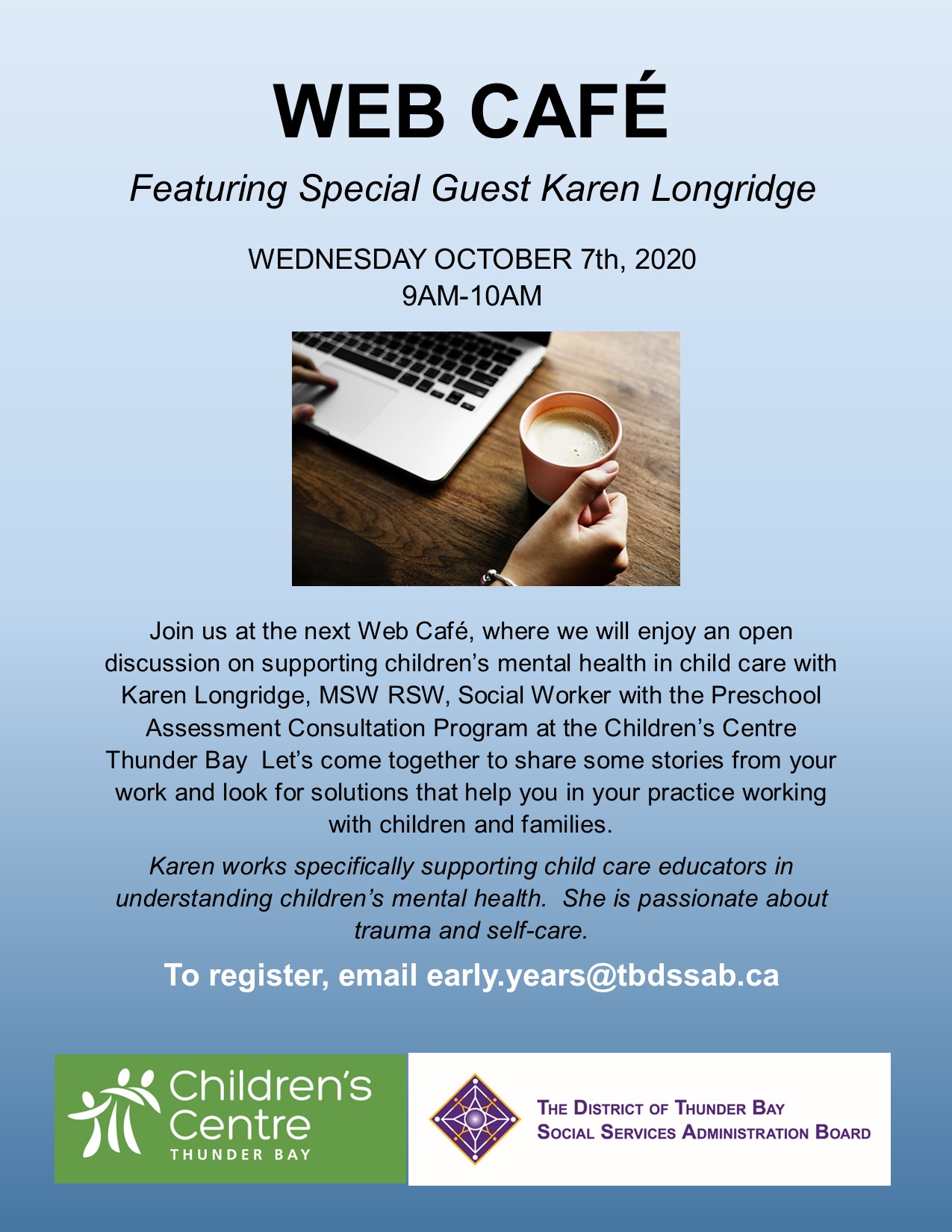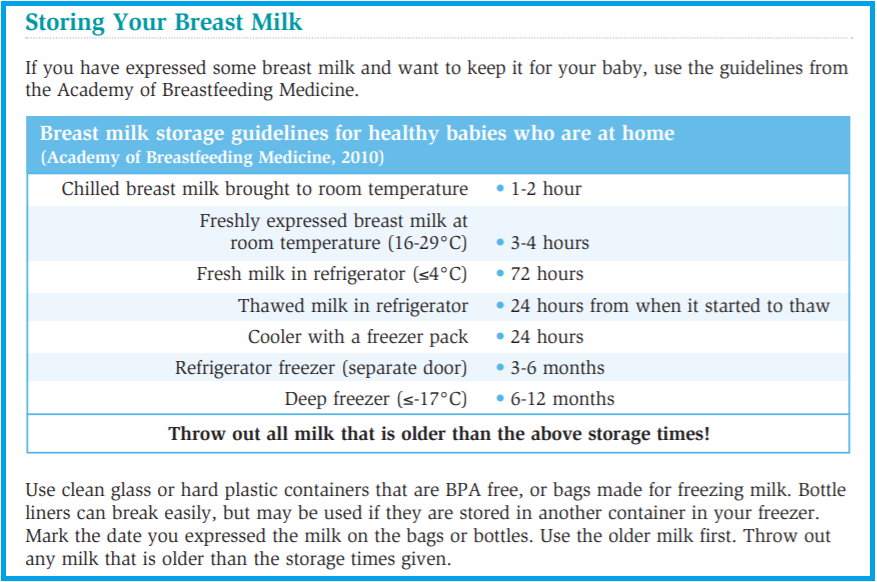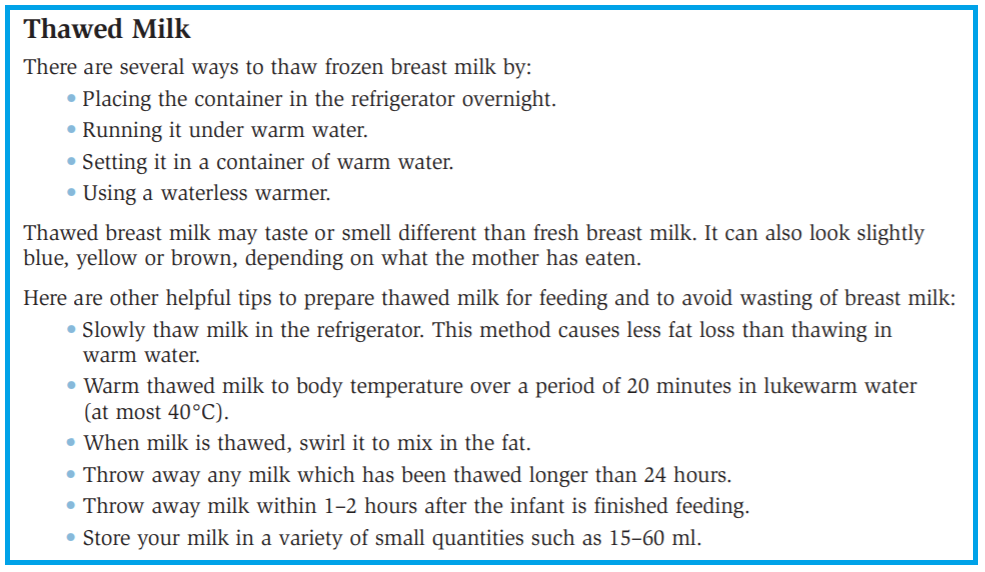We are continuing to build a list of resources to support mental health and well-being throughout this difficult time. Check back frequently to see what has been added. The resources can be found under Resources > Educator Resources > Mental Health and Well-Being. We encourage you to share these with your colleagues, and anyone else who may find them helpful.
Category: Health
Early Childhood Community Development Centre Podcast
For your information, the Early Childhood Community Development Centre (ECCDC) has created FREE podcasts related to the field of Early Childhood Education. Some examples of topics include: Recognizing Educators’ Dedication and Cultivating Well-Being, How to Cultivate Culture for Learning in Challenging Times, and Rethinking Documentation Strategies in this Challenging Time. Click HERE to stream the podcast on your device.

Virtual Yoga with Kimberly Veneziale
On February 25, the TBDSSAB is hosting a 1-hour gentle yoga class with Kimberly Veneziale. Kimberly is a fun and energetic yoga instructor. She has been certified since 2013 and has been spreading peace, kindness and relaxation to the community of Thunder Bay ever since.
If you are new to yoga, we still encourage you to join us… take time for you, rejuvenate, and at the very least Kimberly never fails to make her yogis laugh!
This class is free of charge and more information can be found on our Calendar of events.

Virtual Walking Challenge

The Thunder Bay District Health Unit is hosting a Virtual Walking Challenge. We encourage you and your team to participate.
There are 3 $25 gift cards up for raffle for all participants, and you can set any goal that works for you (for example, 15 minutes a day, every day). Walking is a great way to relieve stress and get some fresh air. Educators can also consider including the children in this challenge or inviting families to participate!
Click HERE for more information and to sign up for the Virtual Walking Challenge.
Well-Being Resources for Educators
Hello,
The District of Thunder Bay Social Services Administration Board recognizes that this is a challenging time for all of our educators working front-line in programs. We really appreciate the hard work that you do. We have attached two resources that may be helpful for educators who are experiencing stress.
Both resources come from the Cognitive Behavioural Interpersonal Skills Manual (CBIS). This is a Canadian resource published in 2015. The first resource is titled Wellness Activities. This can help anyone incorporate more activities to support good mental health and well-being. The second resource we are sharing is called Stress Busters, which offers some simple and quick activities that can be done to relieve stress.
We encourage you to print and share these resources with your staff. Additionally, educators can perform these stress busters alongside the children and demonstrate ways that children can also relieve stress.
We will continue to support operators and educators to foster a sense of well-being among programs. Thank you for all that you do for children and families! If you have suggestions for content, please email us at early.years@tbdssab.ca
Reference:
CBIS_Manual_0409.indd (gpscbc.ca)
Coronaphobia Virtual Talk
Hello everyone,
We apologize that this is last minute, but we came across a webinar that we thought may be of interest to some. We know that the pandemic has been very hard on our mental health and well-being so we are hoping to find more ways to support you through these tough times.
Northern Hearts is offering a free webinar at 7pm TONIGHT titled “Coronaphobia”. Dr. Meaghan Labine, MD, MSC, PhD, CCFP from the Northern Ontario School of Medicine will be speaking about how the fear of contracting COVID-19 impacts our daily lives and will offer recommendations on how individuals can protect their mental health during the pandemic.
Click HERE for more information.
RESCHEDULED Web Cafe featuring special guest Karen Longridge – Wednesday October 7th, 2020 9AM-10AM
Join us for the next Web Cafe, where we will enjoy an open discussion on supporting children’s mental health in child care with Karen Longridge, MSW RSW, Social Worker with the Preschool Assessment Consultation Program at the Children’s Centre Thunder Bay. Please email early.years@tbdssab.ca to register.

Online Professional Learning Opportunities
Are you looking for ways to keep busy while social distancing? Below is a list of websites and webinars that may be of interest to you or your staff.
- Child Care E-Module: Putting How Does Learning Happen? into Practice: Program Expectations for Licensed Child Care. This E-Module will assist early years professionals to understand connections between How Does Learning Happen and the new program related requirements under the Child Care and Early Years Act, 2014.
- Child Development Resource Connection Peel https://www.cdrcp.com/professional-education-opportunity
- Crisis and Trauma Resource Institute https://ca.ctrinstitute.com/resources/
- Unlock the Potential of Food in the Child Care & School Environments: https://register.gotowebinar.com/register/3094449428765642497
- Diving Deeper Into Canada’s New Food Guide: https://register.gotowebinar.com/recording/6918661926525609730
- Indigenous Food and Culture in the School Environment: https://register.gotowebinar.com/recording/1118685307013840129
- Early Childhood Webinars https://www.earlychildhoodwebinars.com (CHECK OUT THE ARCHIVED SECTION)
- NAEYC https://naeyc.org/events/trainings-webinars/recorded-webinars (Check out the archived section)
- Canadian Child Care Federation – two free webinars https://www.cccf-fcsge.ca/topics/nature-and-outdoor-play/
- Child Care and Early Years Act Self-assessment tool http://www.earlyyears.edu.gov.on.ca/EYPortal/en/ChildCareLicensing/CCEYASelfTest/index.htm
- Food Handlers Course https://foodsafetyonline.ca/food-handler-course
Eye See Eye Learn
“Each year, thousands of children start school without ever having an eye exam. Parents often believe that their child will let them know that they cannot see well, but children are rarely able to tell that they have poor vision because they have nothing to compare it to. That’s why we recommend that all children have their first eye exam at 6 months old, again at 2-3 years old, and every year after that. In Ontario, yearly eye exams for children are covered by OHIP until they turn 20 years old” (www.eyeseeeyelearn.ca)
Click on the links below for information to post in your programs to make families aware of this wonderful program.
Storing and Preparing Breast Milk
Families attending child care may choose to provide expressed breast milk or formula for their child(ren). When this is the case, staff must ensure that they are storing and serving these items safely and hygienically.
According to p.7 of How Does Learning Happen?, “Families love their children and want the best for them. Families are experts on their children. They are the first and most powerful influence on children’s learning, development, health, and well-being. Families bring diverse social, cultural, and linguistic perspectives. Families should feel that they belong, are valuable contributors to their children’s learning, and deserve to be engaged in a meaningful way.” Supporting families’ decisions around feeding fosters all of the Four Foundations (Belonging, Well-Being, Engagement, Expression).
Below are two resources that can be shared with all staff who may serve breast milk to children about how to safely and hygienically store and serve breast milk. These resources can easily be posted in the programs as a visual reminder for educators on the guidelines around storing and preparing breast-milk. The source of this information is the Best Start resource Breastfeeding Matters (L’allaitement ça compte) and the second resource is also from Best Start, Expressing and Storing Breast Milk.


Families may also choose to provide infant formula for their child at child care. The instructions for preparing and serving formula are included on the packaging. Here is a resource from Best Start called Infant Formula: What You Need to Know. This resource has information about safely and hygienically preparing, serving, and storing formula.
If programs or staff have additional questions about feeding, how to safely store breast milk, they can view the above PDFs for free at the link provided, or contact the Thunder Bay District Health Unit. Be sure to also check out the Best Start website for other resources for families at your centre on child health and development.
